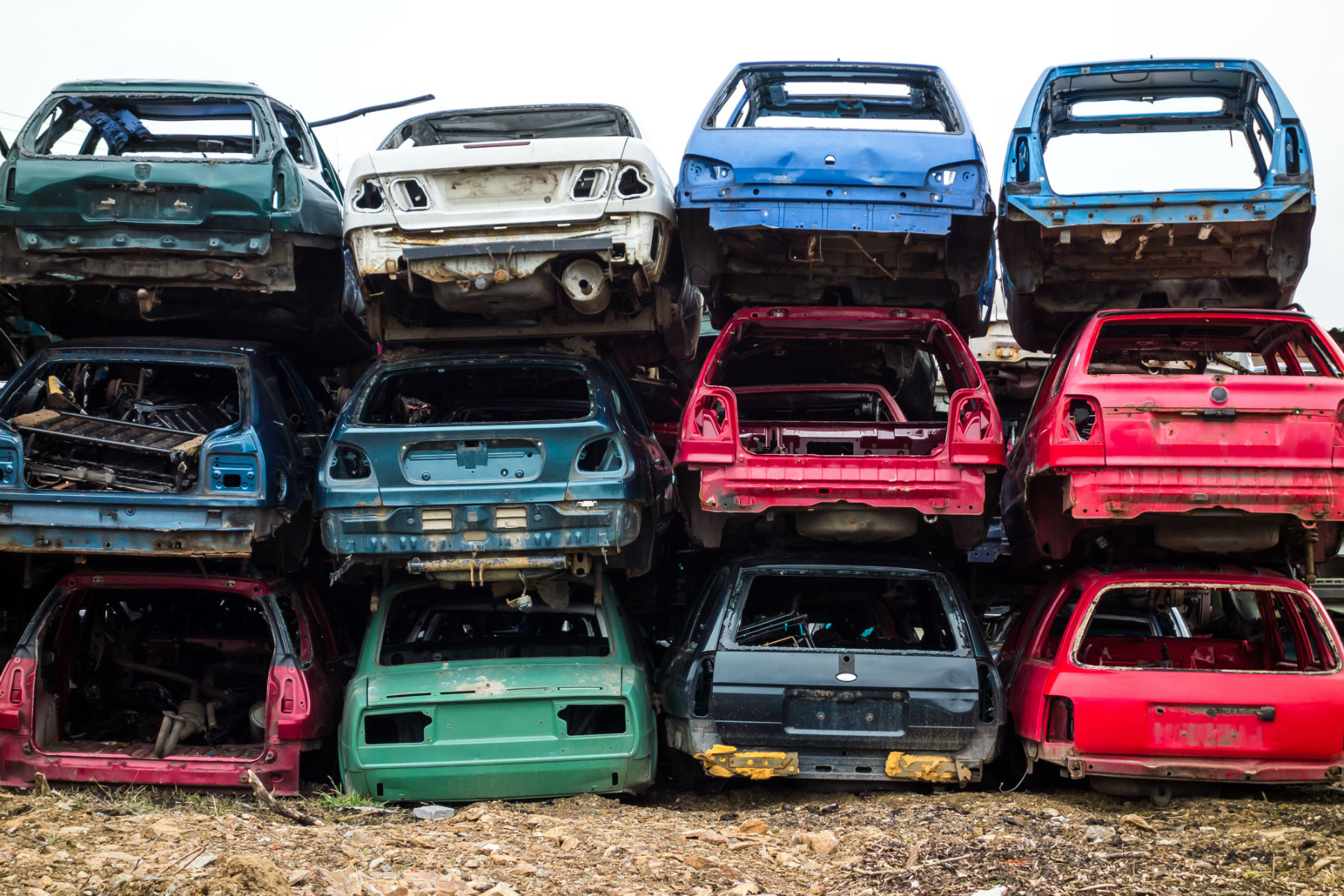
More than 20,000 old cars have been sent to the crusher in recent years after being part exchanged for a new Vauxhall, figures obtained by Motoring Research can today reveal.
The PSA-owned British car firm initially launched a scrappage offer in 2015, giving customers £2,000 of a new car when they trade in any old model registered in their name. The scheme returned earlier this year, with 5,500 cars already being traded in and sent to the scrapper so far in 2017.
“Our scrappage scheme has been very successful,” said a Vauxhall spokesman, commenting on the figures.
It comes after Britain’s most popular car manufacturer, Ford, announced a similar scheme this morning. While BMW and Mercedes-Benz have both launched similar offers in a bid to encourage the uptake of more efficient new cars, Ford’s scheme (like Vauxhall’s) is across most cars in its range.
To be eligible for Vauxhall’s offer, you need to have owned your old car for at least 90 days, and buy a new Vauxhall before the end of September. The firm may extend this to counter Ford’s scheme, but that’s yet to be confirmed.
When Vauxhall became the first manufacturer to launch an an unofficial (non-Government) scrappage scheme in 2015, it sparked uproar from classic car enthusiasts and green lobbyists concerned that road legal cars were being scrapped. Vauxhall responded by saying pre-1991 cars would be flagged up to the relevant classic car clubs, allowing them to buy spare parts to save similar vehicles.
“Vauxhall has immense respect for the UK’s classic car groups, irrespective of what make or model they support,” said Vauxhall spokesman Simon Hucknall earlier this year.
“The Scrappage Allowance is designed to capture vehicles that are beyond economical repair, and given the low value of scrap metal, recycling of parts is vital to the scheme’s viability. We’re also confident that the number of genuine classics over 25 years old presented to the scheme will be minimal, especially given the steady rise in value of even the most mainstream collectors’ cars in recent years.
“But if we do see any, our ‘safety-net’ will ensure that classic car owners and clubs will benefit.”